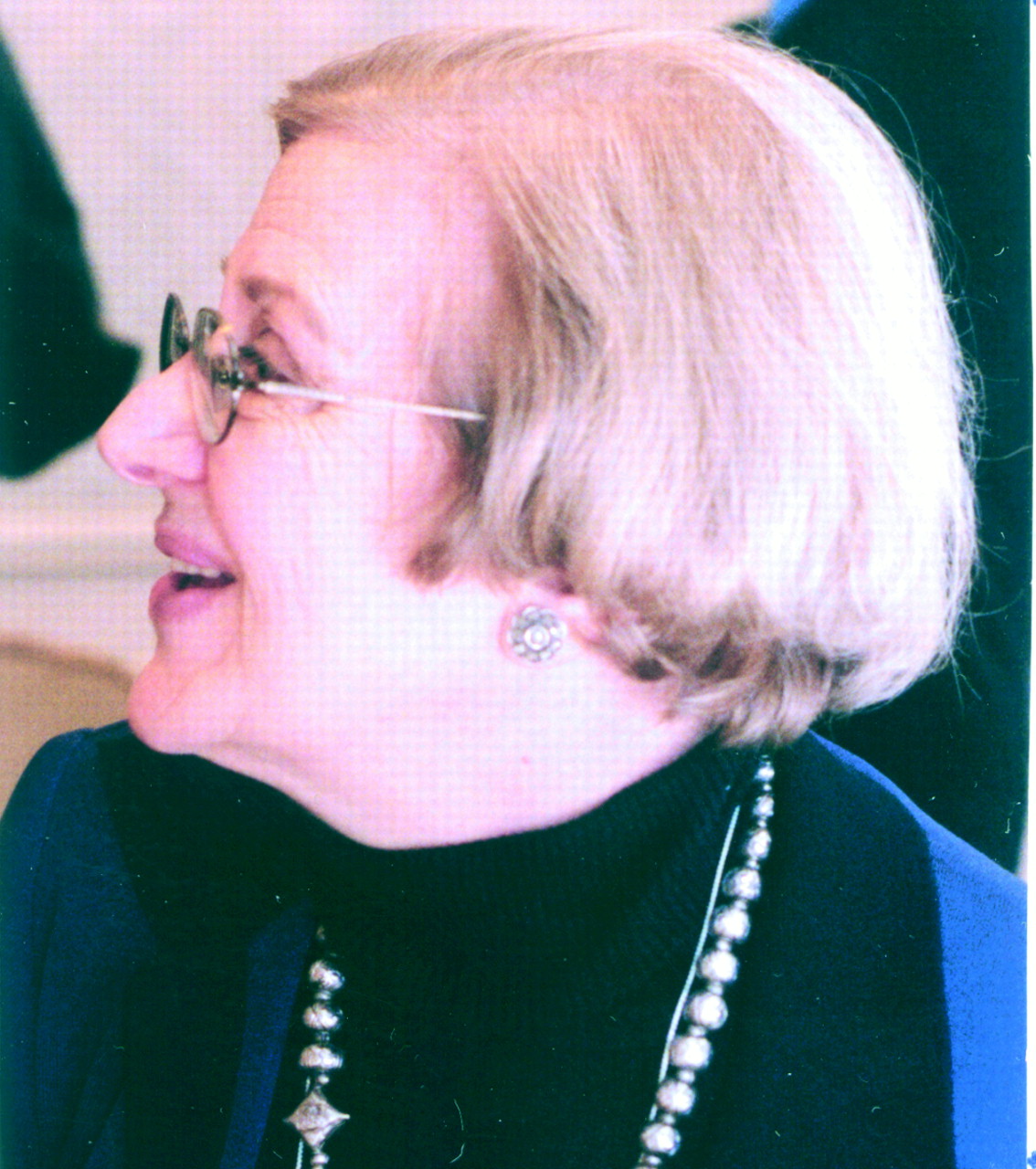Psychoanalysts Bring MH Expertise to United Nations

Afaf Mahfouz, Ph.D., chairs the IPA Committee on the United Nations, a group dedicated to bringing psychoanalysis to the United Nations.
On December 13, Mahfouz met with her committee members in New York City. They got together under the aegis of the annual meeting of the American Psychoanalytic Association at a session titled “Psychoanalytic Perspectives: The IPA at the United Nations.” Actually many of the IPA-U.N. committee members are also members of the American Psychoanalytic Association, and some are also APA members.
At the meeting, Mahfouz reminded her committee members that their goal is “to bring psychoanalysis to the U.N.” In other words, their objective is to interact with the U.N. on mental health issues and to translate psychoanalysis into practical help for victims of violence and war.
But how might analysts who have been operating out of their “ivory towers” be able to help the U.N. on the front lines, so to speak? It appeared that many of the IPA-U.N. Committee members at the December 13 meeting had already had hands-on experience in some tough situations. One, for instance, had worked with war-traumatized Angolans. Another, from Mexico City, had worked with victims of earthquakes and hurricanes. A third, from Israel, had tried to improve childrearing in Zaire, while another had worked with the families of individuals who had vanished in Argentina. Yet a fifth said he had been working in Croatia, dealing with victims of torture and land mines.
Even with such front-line experience, however, precisely what could such analysts do to help the U.N. in its humanitarian efforts? To find out, Mahfouz had invited Paul Hoeffel, chief of the Department of Public Information of the Nongovernmental Organizations Section of the U.N., to come to the session and talk with them.
During the early 1990s, Hoeffel explained, the U.N. came to realize that various nongovernmental organizations could help it achieve its humanitarian ends. Since then, he said, some 2,000 organizations from various parts of the world have interacted with the U.N. and provided it with support in various capacities. Such organizations “do a great deal of good work which is appreciated by the U.N.,” he said.
Their work has been so good, in fact, that the U.N. wants to recruit even more organizations for help, Hoeffel continued. “So this partnership is a serious thing.” But how might members of an organization such as the IPA make a contribution? In two ways, he said.
First, analysts could provide psychotherapeutic help to U.N. staff who have been psychologically traumatized either by something they had experienced directly or by something that has happened to one of their coworkers. Last year, for instance, one U.N. worker was hacked to death; 13 others died through other violent means. Other workers experienced robberies or rapes. Although the U.N. has been saying for years that it should provide psychological help for traumatized U.N. staff, Hoeffel admitted, actually little has been done up to now to provide such help.
Second, analysts could work directly with people in various countries who have been psychologically traumatized by war or local conflicts. Community interventions are needed in such instances, Hoeffel said, but there is currently no mechanism whereby psychotherapists could be deployed.
So granted that analysts might have something to contribute to U.N. staff and people in countries who are traumatized by conflict, how could they actually go about making such contributions?
For instance, even if analysts were willing to do volunteer work in the field for the U.N. from time to time, who would pay to get them there and back and for their living expenses while on their mission? Mahfouz said that the World Bank is a possibile funding source, while Hoeffel suggested some wealthy nongovernmental organizations as another option.
Should a psychoanalyst be sent along on each U.N. mission or be deployed only when mission staff have experienced something traumatic? Isaac Tylim, Ph.D., a New York City psychologist, voiced the view that if an analyst were part of the action he or she might be too close to it to be of help psychologically.
If an analyst were sent to assist people traumatized by war or local conflicts, how long would he have to stay to make a difference? One week? Two weeks? Longer? The psychoanalysts present at the December meeting tended to agree that while one week was quite short, a lot could still be accomplished within that time frame.
All of this would be a pilot program at first, Hoeffel said. But it could quickly grow into something bigger, he added. The committee members adjourned shortly afterward and agreed to meet at the U.N. the following day to work more on the issue.
In addition to offering its therapeutic skills in the field, the IPA’s U.N. committee also plans to make two other major contributions to the U.N. this year. It will participate in a U.N. conference on racism, to be held in South Africa during August or September, and in a U.N. conference on children, to be held in New York City in the fall.
The IPA’s U.N. committee has likewise been concerning itself with the subject of hatred, Henk-Jan Dalewijk, M.D., a psychiatrist and psychoanalyst from Amersfoort, the Netherlands, and current IPA president, reported at the meeting. For instance, if two groups of people living in the same area have something happen to resurrect their old hatreds of each other, they can easily go at each other’s throats in a matter of hours. This phenomenon has repeated itself over and over in many areas of the world. The question is why. Dalewijk said that he does not know and that he believes it is a phenomenon that he and his fellow analysts should study from a psychodynamic viewpoint.
“We are trying to draw more attention to hatred,” he said. “We are trying to organize a conference on the subject. We will try to hold it either in the Netherlands or the U.S.” ▪



